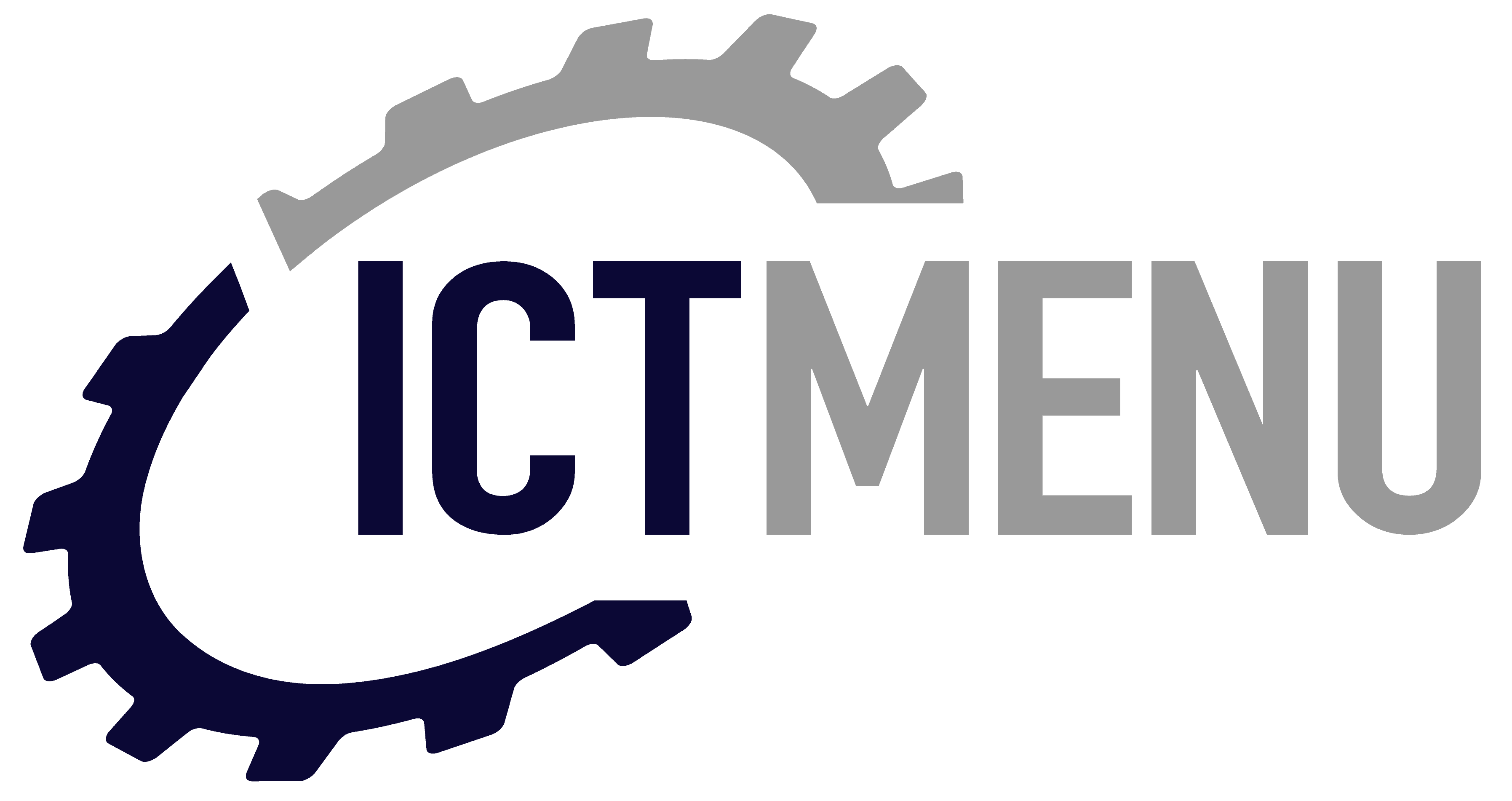Wiki.js is a comprehensive, open-source wiki engine that runs on Node.js. This powerful tool offers flexibility through Git-based storage, a built-in search engine, and integrated access control. With a user-friendly Markdown editor and robust authentication options, Wiki.js simplifies content management and collaboration. Discover how Wiki.js can enhance your organization’s knowledge management and document sharing capabilities.
Markdown Editor Flexibility
Wiki.js empowers users with a versatile Markdown editor that simplifies the process of creating and editing content. Leveraging Markdown’s streamlined syntax, users can effortlessly format documents with headings, lists, links, and more—tools essential for crafting clear and organized content. The Markdown editor in Wiki.js is designed to cater to users with varying levels of technical expertise, providing a unique blend of simplicity and efficiency.
One standout feature of Wiki.js’s Markdown editor is its visual editing capabilities, which allow users to see how their content appears in real-time as they format it. This visual feedback enhances the user experience by eliminating guesswork and enabling users to make immediate adjustments, ensuring their content looks precisely as intended. By making the format visible throughout the editing process, Wiki.js bridges the gap between traditional Markdown editing and user-friendly document creation.
Furthermore, storing all content as Markdown files ensures consistency and simplicity in content management. Markdown files are lightweight and human-readable, making them ideal for quick editing and easy version control. This format supports seamless collaboration among team members, as changes can be tracked and managed efficiently without the complexities of other document formats.
Transitioning smoothly, the strengths of Wiki.js’s Markdown editor align well with another significant advantage—efficient Git-backed storage. This integration provides enhanced version control and backup capabilities, paving the way for even more robust document management features.
Efficient Git-backed Storage
Wiki.js offers an innovative approach to content synchronization through its efficient Git-backed storage integration. This feature ensures that all content within Wiki.js is seamlessly synchronized with a remote Git repository. As a result, users benefit from continuous updates that align with their document collaboration needs. With Git serving as a backup system, you can trust that your content remains accessible and secure. Git acts as a single source of truth, reducing discrepancies and maintaining a consistent version history across all documents.
This integration provides significant flexibility, particularly in scenarios that involve restorations or multiple server setups. If you’re managing a complex digital infrastructure, the ability to restore previous versions or configure multiple servers with shared content can streamline operations and minimize downtime. Git’s version control capabilities are particularly beneficial for IT professionals, tech enthusiasts, and hobbyists seeking to maintain optimal control over their digital projects.
In addition to Git, Wiki.js supports other storage providers, enabling you to select the option that best suits your infrastructure needs. Whether you prefer to use Amazon S3, Google Cloud Storage, or another provider, Wiki.js allows seamless integration, enhancing its utility as a versatile tool for digital content management.
As you explore Wiki.js’s features, understanding its Git-backed storage can be pivotal for your document management strategies. Naturally, managing access across this seamlessly synced environment is crucial, leading into the next exploration: Integrated Access Control. This essential aspect ensures that the right individuals have appropriate permissions, maintaining security and efficiency in your collaborative environment.
Integrated Access Control
Wiki.js expertly incorporates integrated access control, setting a high standard for managing access in collaborative environments. This feature allows personalization of access permissions across different sections of the wiki, ensuring that content management suits various user roles. Wiki.js simplifies the process by offering different levels of access, ranging from guests, who can view but not edit, to editors, who have the capability to modify content. Through these defined roles, Wiki.js facilitates structured team collaboration, where team members have appropriate permissions to access and contribute to the information they need without compromising security.
Upcoming upgrades promise to enhance these access integrations, making them even more customizable and intuitive. Anticipated improvements may include more granular permission settings, allowing administrators to refine control further and seamlessly integrate with broader identity management systems. Such enhancements will not only streamline administrative tasks but also align with evolving organizational needs for secure document collaboration.
By providing robust access control, Wiki.js not only bolsters collaboration but also ensures content security. Unauthorized access is minimized as teams enjoy the flexibility and peace of mind that their documents are safe and accessible only to intended users. This also means that IT departments can focus on other critical tasks, knowing that access management is straightforward and efficient.
As we thoroughly understand how access control contributes to security and seamless collaboration, the move into exploring Wiki.js’s robust authentication options becomes more apparent. This next phase will uncover how Wiki.js ensures that only authenticated users access sensitive information, maintaining secure collaboration spaces.
Robust Authentication Options
Wiki.js offers a wide array of authentication options that cater to various security needs, ensuring effortless and secure access for users. Building on the integrated access control discussed previously, Wiki.js introduces robust authentication strategies to maintain secure document collaboration. With support for LDAP, Google OAuth, and additional methods, Wiki.js provides a seamless solution for authenticating users.
- The simplicity of integrating LDAP (Lightweight Directory Access Protocol) is especially significant for organizations wanting to centralize user directories. This feature allows IT professionals to manage users easily within their existing systems.
- For those utilizing Google services, Google OAuth offers a straightforward method to authenticate users, leveraging familiar Google accounts for access without compromising security.
- Moreover, Wiki.js also supports custom authentication strategies accommodating unique organizational needs, reflecting its adaptability and focus on secure, efficient user management.
These authentication methods not only simplify user access but also enhance security by reducing unauthorized entry. By integrating these authentication processes, Wiki.js guarantees a secure environment for collaborative documentation, essential for maintaining data integrity and confidentiality.
Anticipated updates include support for additional authentication providers, reinforcing Wiki.js’s commitment to staying at the forefront of technology and security. This continual evolution ensures compatibility with emerging technologies, allowing users to adopt new authentication trends with ease.
As authentication is a cornerstone of secure document collaboration, transitioning to comprehensive asset management strategies will further power users’ ability to efficiently organize and manage digital assets within Wiki.js.
Comprehensive Assets Management
Wiki.js offers a robust system for handling media effectively through an exemplary assets management feature, transforming the way documents are managed and enhanced within any digital infrastructure. This engine empowers users by organizing diverse media assets—such as images, videos, and more—into intuitive folders, thereby alleviating the challenges of media complexity. With assets neatly classified under folders, users can effortlessly search, retrieve, and maintain their media library, promoting a streamlined workflow that aligns with the goals of IT professionals and tech enthusiasts alike.
A standout feature of Wiki.js is its automatic thumbnail generation, which ensures media compatibility across various formats. This capability not only enhances visual accessibility but also supports diverse platforms with ease, ensuring that every piece of content looks pristine and professional. This visual optimization is vital in environments where clear and engaging content presentation drives collaboration and project success.
By elevating how media is handled, Wiki.js profoundly enhances the content experience, allowing users to integrate rich media seamlessly into their documents. This results in a more engaging and interactive documentation process, enabling team members to concentrate on innovation and strategic implementation of digital projects. The journey from robust authentication options elegantly transitions into Wiki.js’s intelligent media management, setting the stage for an exploration of its built-in search engine capabilities, which further streamline and simplify document navigation.
Built-in Search Engine
Wiki.js offers a seamless experience in finding and retrieving documents through its powerful built-in search engine. With every piece of content automatically indexed, Wiki.js ensures that users can effortlessly locate information precisely when they need it. This is particularly beneficial for IT professionals and tech enthusiasts who often manage extensive digital documentation. The search functionality enhances user navigation, allowing users to traverse through large wikis with ease and precision. Whether you’re dealing with technical specifications or comprehensive user guides, the search mechanism simplifies access by displaying the most relevant results instantly.
Furthermore, Wiki.js provides the flexibility to integrate external search engines. This feature supports custom integrations with services like ElasticSearch or Apache Solr, offering advanced indexing and search capabilities. For organizations requiring tailored search functionalities, this integration ensures the search experience can be customized to meet specific needs, optimizing document retrieval processes.
Efficiency is key when managing digital infrastructures, and Wiki.js’s search engine significantly aids in this regard. By facilitating quick access to necessary documents, users can enhance productivity, spend less time sifting through pages, and more time on actionable tasks. The reliable search solution that Wiki.js offers is quintessential for optimizing digital projects, reflecting the platform’s dedication to empowering users with swift, accurate information retrieval, thereby enabling more effective management of their digital ecosystems.

